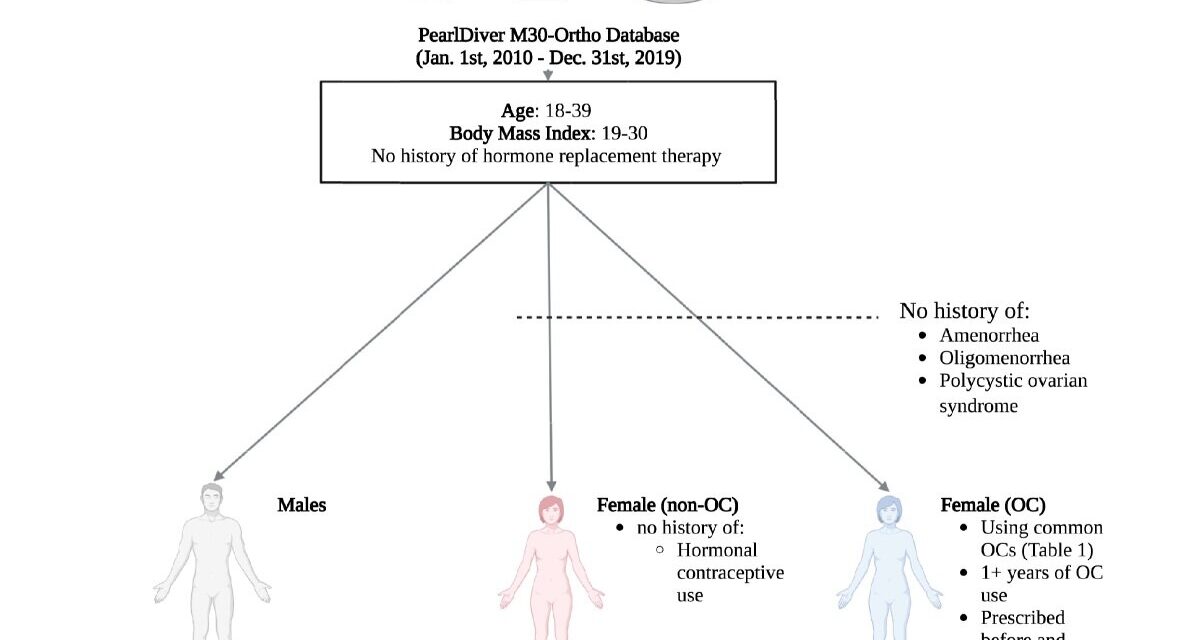A recent study conducted by UT Southwestern Medical Center has shed light on a potential correlation between oral contraceptive (OC) use and a decreased likelihood of experiencing certain musculoskeletal injuries in women. The findings, detailed in the journal Medicine & Science in Sports & Exercise, mark a significant step forward in understanding the impact of stable hormone levels on musculoskeletal health.
Musculotendinous injuries (MTIs), which involve the connection between muscles and tendons, are prevalent in sports and can pose significant challenges to athletes. The study, led by Yasin Dhaher, Ph.D., a Professor of Physical Medicine & Rehabilitation and Orthopedic Surgery at UT Southwestern, sought to delve into the relationship between OC use and the occurrence of MTIs.
Utilizing the national health care database PearlDiver, researchers analyzed orthopedic injury data, focusing on MTIs in patients aged 18 to 39 with normal to overweight body mass indexes (BMIs). The study compared the incidence of MTIs in men, women who had been prescribed OC for at least one year prior to their injury and continued OC use afterward, and women with no history of OC use.
After accounting for various factors including age, BMI, and region, the study revealed a noteworthy discrepancy. Women taking OC exhibited significantly fewer MTIs compared to both women with no OC history and men. Specifically, only 0.55% of orthopedic injuries in women taking OC were MTIs, in contrast to 2.55% in women with no OC history and 3.49% in men.
Moreover, the analysis suggested potential variations in the location of MTIs and age-related differences among female patients. For instance, women aged 20 to 24 who were using OC were found to be more prone to developing an MTI compared to their counterparts with no history of OC use in the same age group.
Luis Rodriguez, a Ph.D. candidate in the Joint Biomedical Engineering Graduate Program between UT Dallas and UT Southwestern, emphasized the implications of these findings. He highlighted that maintaining stable hormone levels through OC or exposure to synthetic hormones may confer protective benefits against musculoskeletal injuries in females. Rodriguez suggested that this understanding could inform the development of targeted preventive strategies and interventions aimed at reducing injury risk in women across various demographics.
Furthermore, the study’s insights could extend beyond athletic populations, potentially benefiting women with conditions characterized by hormone imbalances, such as polycystic ovary syndrome (PCOS), menstrual cycle dysfunction, and postmenopausal hormonal changes.
The study, titled “Oral Contraception Use and Musculotendinous Injury in Young Female Patients: A Database Study,” offers a pioneering exploration into the relationship between OC use and musculoskeletal health among women. As researchers continue to unravel the complexities of hormonal influences on injury risk, these findings pave the way for future advancements in preventive care and clinical interventions tailored to women’s health needs.











